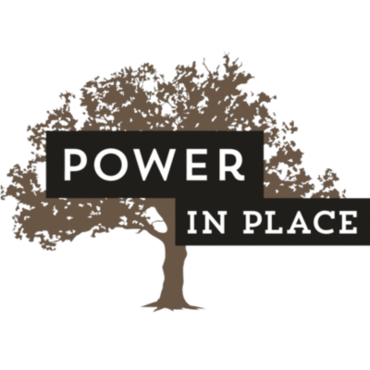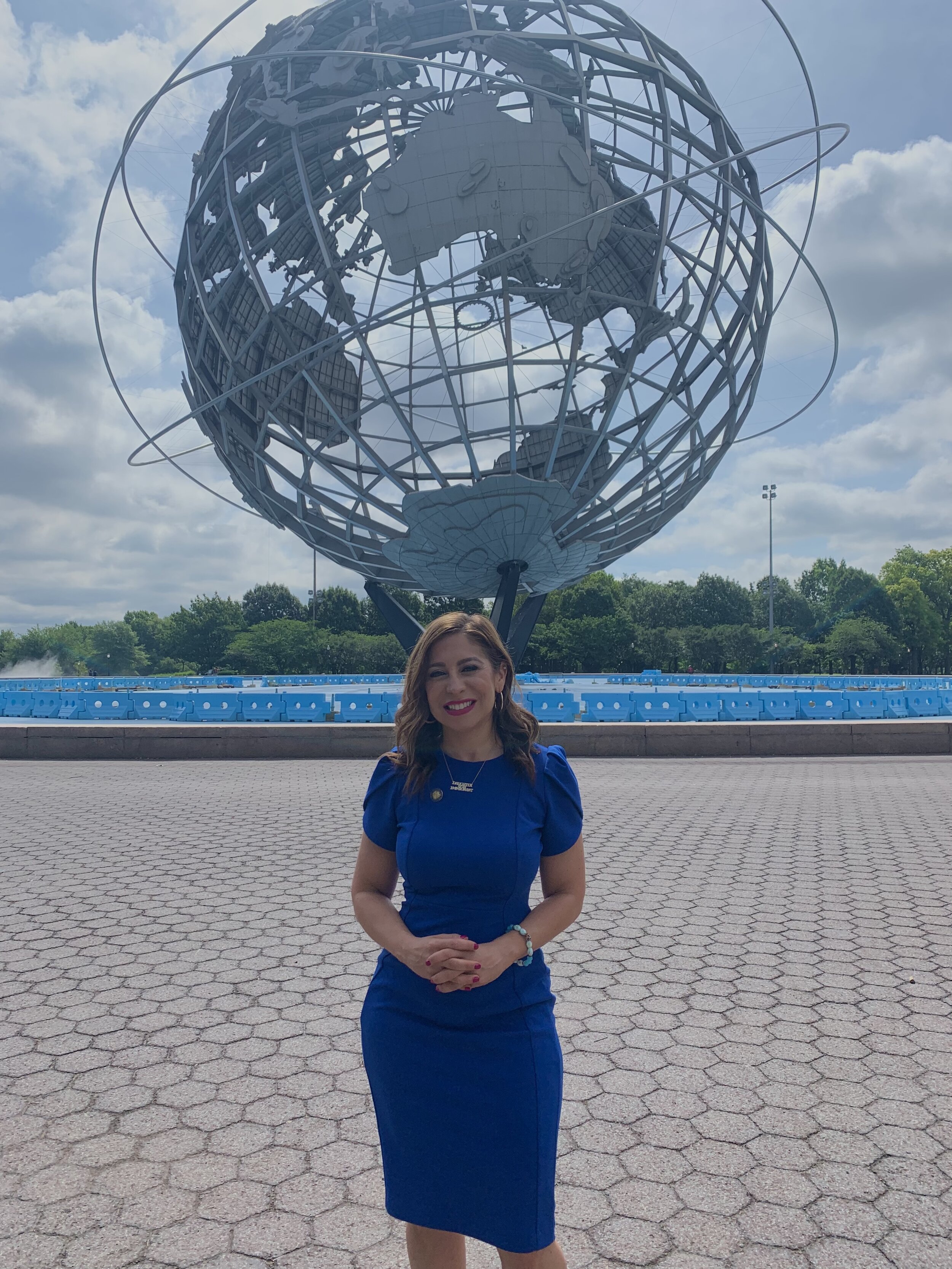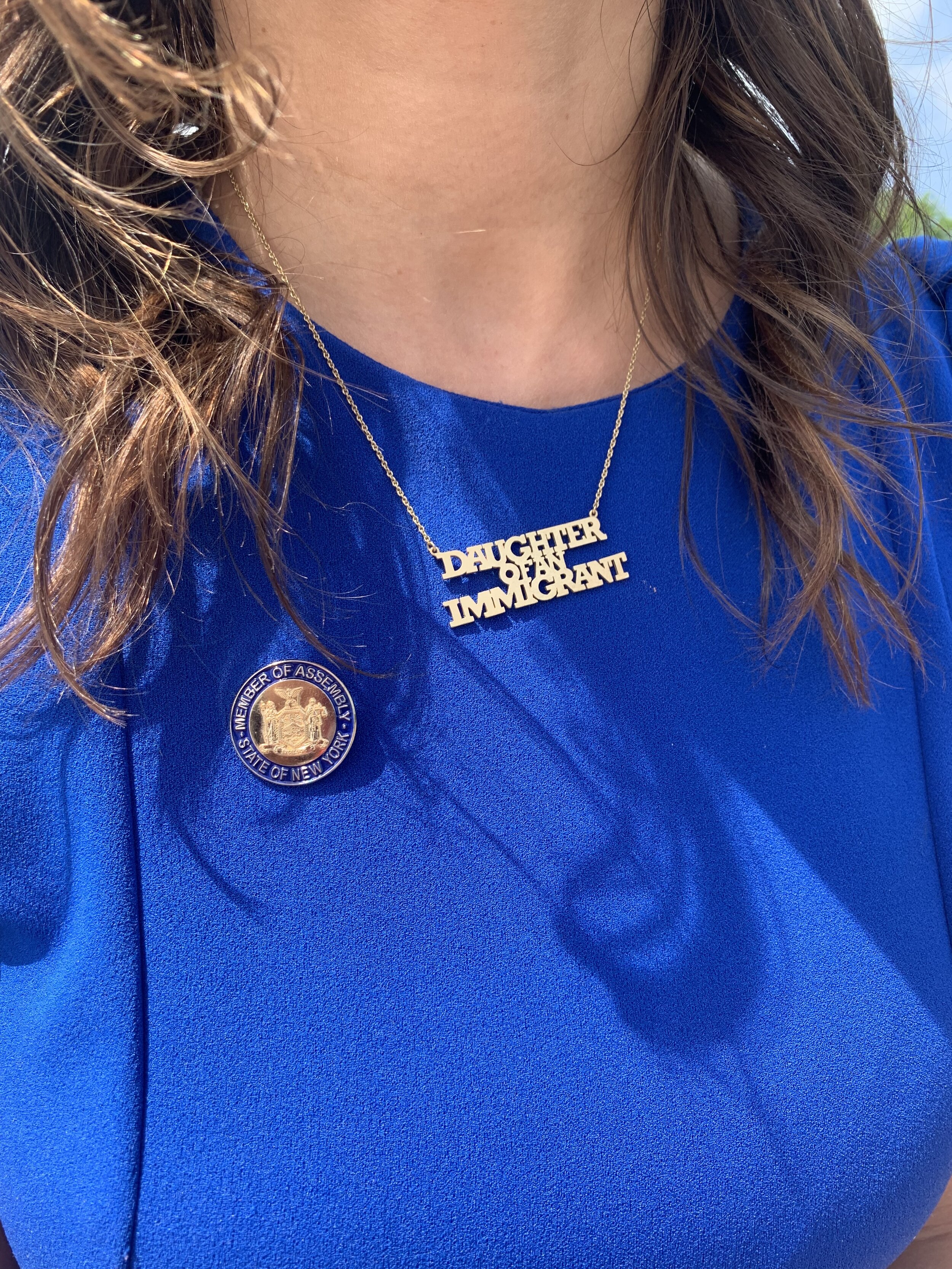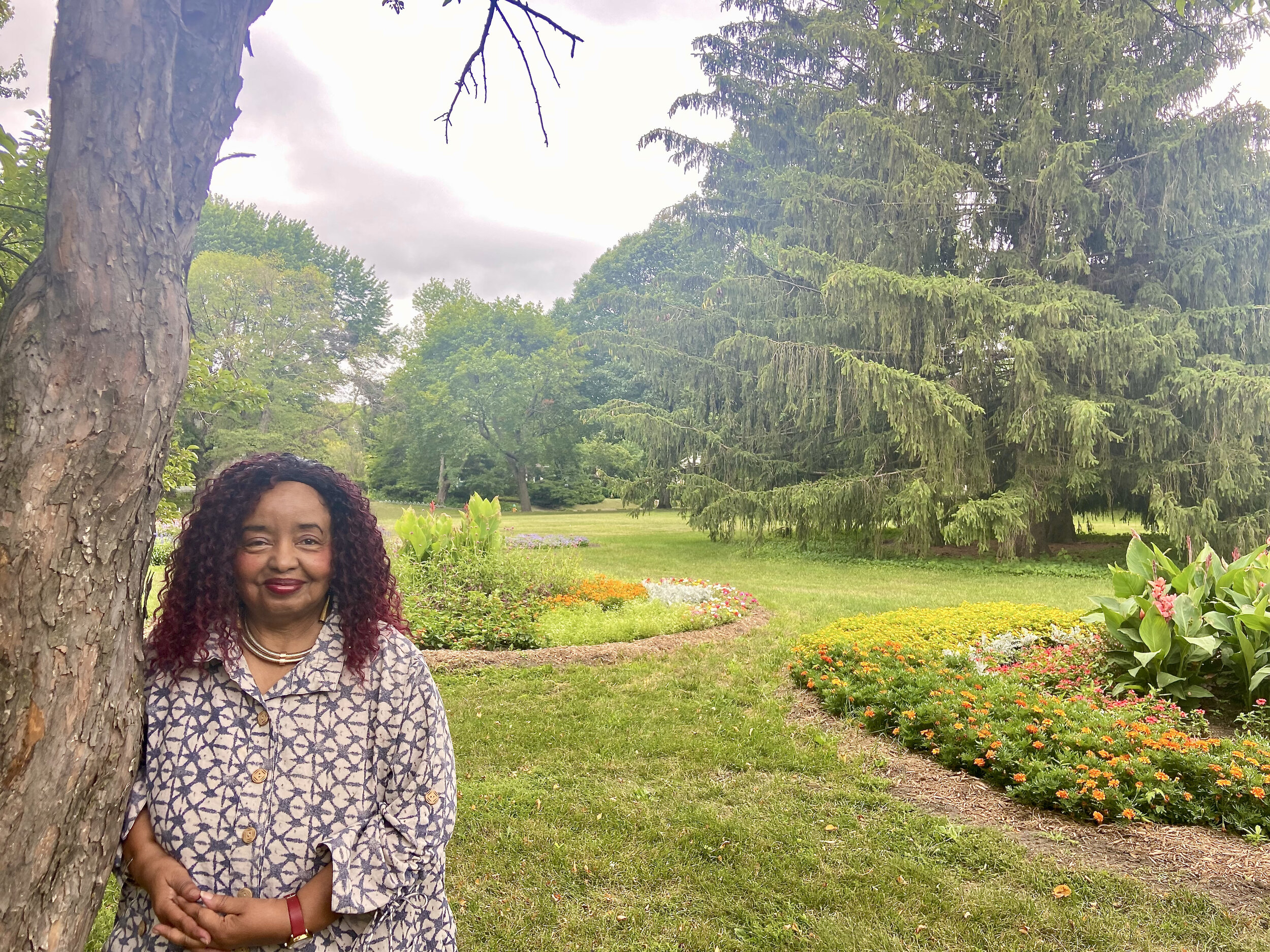INTERVIEW BY OLIVIA HOM
Photographed by Michelle V. Agins for The New York Times
DEBORAH GLICK, NEW YORK STATE ASSEMBLYMEMBER - DISTRICT 66
“I learned to swim in the ocean, some people learn to swim in a pool or a lake. But learning to swim in the ocean is a little more challenging and so to some extent maybe that is a reflection of having more challenges to begin with.”
On Her First Political Act: You know, in terms of what was your first political act, when I was a kid, my father was involved in civic association, which was a neighborhood association, and he printed the newsletter and I delivered it. So in some ways that might’ve been my very first involvement. But I guess personally active was probably work that I did in college on fighting against the Vietnam War, fighting for abortion rights, and obviously that has influenced me because I have spent my entire adult life fighting for the right of women to control their own destiny.
On Her College Activism: Yes. I organized. I went to Queens College in New York City, and it was about printing leaflets, handing out leaflets, organizing rallies, speaking at those rallies. On abortion rights, there was a really terrific woman who came to campus when I was a few years into my college career, her name was Flo Kennedy. She was a lawyer, a radical lawyer, an African American woman who was probably one of the first to get out of Columbia Law School, and she was trying to start the feminist party, and she was organizing on campuses. And I was used to going to anti war demonstrations which were quite large. She was organizing with other people for a march for abortion rights in D.C. and I don’t know what I expected, I guess I expected tens of thousands of people. There weren’t. And we arrived, and it was like, well where is everybody? And there were hundreds, maybe there were a few thousand, but I had envisioned much larger. And so it became clear that we had a lot of work to do.
Her Advice for Women and People From the LGBTQ+ Community That Are Hoping to Get Into Politics: Well for any young person who’s interested in politics, you have to decide if you want to be on the front line or behind the scenes. Because there’s a million ways of working in politics where you are either a campaign manager or you’re active in an organization, and become an organizational leader. So you have to figure out what it is you want to do, and so I would say from the time you’re in college, volunteering on campaigns, and the campaign could be a political campaign or it could be a sierra club, or something else. And frankly, LGBT people need to be in every type of organization. Environmental organizations. They need to be in labor organizations. So whatever it is, whatever your interest is, you should pursue that from the time you’re in college. So volunteering, and getting over and making phone calls is really important. But that’s where it starts, if you are a Democrat. If you’re LGBT and you’re a Republican, I don’t understand you. If you’re a woman and you’re a Republican, I really don’t understand you. But that being said, working on campaigns of someone you can believe in, or joining a Democratic club, or even if it’s non partisan but it’s politically engaged, sort of a good government group where you’re encouraging people to vote, and you’re registering people to vote. That kind of activity is what I would suggest to everyone, especially LGBT people.





















